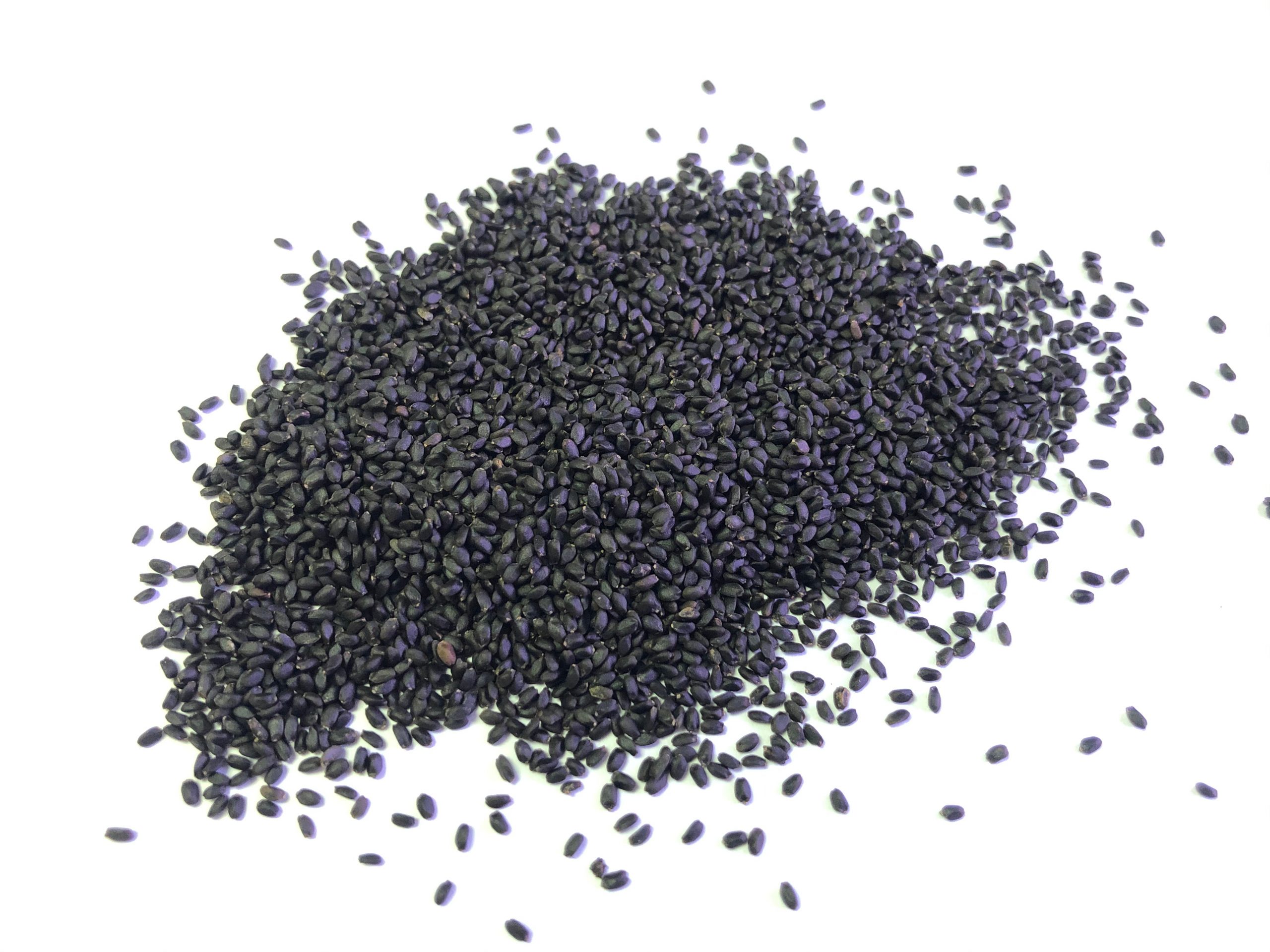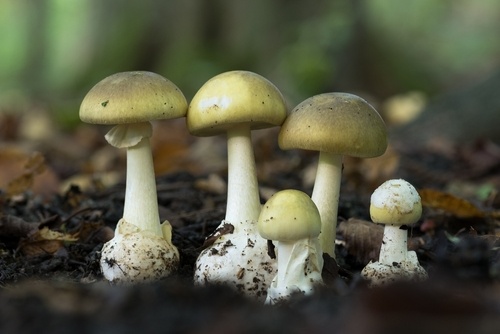Date issued: 11 November 2022
Issued by: Dr Angie Bone, Deputy Chief Health Officer (Environment)
Issued to: Health professionals and the public
Key messages
- Some batches of commercially available poppy seeds, when brewed into a concentrated form such as a tea, have resulted in cases of severe toxicity
- Some affected patients have reported the poppy seed tea consumed has had an unusual dark brown colour and bitter taste
- Toxic effects have not been reported when poppy seeds have been consumed in smaller quantities for example in baked goods
- However, investigations are ongoing into whether smaller quantities of currently available poppy seeds, when consumed raw or cooked have any toxic effects
- Clinicians should be aware of individuals presenting with the outlined clinical picture and call the Poisons Information Centre (13 11 26).
What is the issue?
As at 11 November 2022, 19 emergency department presentations across Australia are known to have occurred following the consumption of home-brewed poppy seed tea. There has been a single case involving cardiac arrest and two cases are in intensive care.
Clinical presentations include:
- tachycardia
- hypertension
- hypertonia
- clonus
- unsteady gait
- diaphoresis (sweating)
- limb stiffness or jerking
- seizures
- metabolic acidosis
- acute kidney injury
Poppy seeds are used to make poppy seed tea by washing or soaking large quantities of seed to remove the residual coating of opioid and debris from the seeds. A large quantity of unwashed poppy seeds is required to make the tea.
Current evidence indicates that there may be a contaminant in readily available, supermarket poppy seeds that is causing this reaction.
The recent clinical presentations are suspicious for thebaine (an opioid alkaloid) toxicity. It is possible poppy seeds currently available may have a much higher thebaine content, however other causes have not been excluded and this is still under investigation.
Who is at risk?
Individuals consuming poppy seed tea brewed with large volumes of poppy seeds are at highest risk.
Patients report reasonably large doses, using between 120g – 1kg of poppy seeds to brew their tea.
Toxic effects have not been reported from ingestion of smaller quantities of seeds as food (either cooked or raw) but investigations into this are on-going.
Recommendations
For the public
You cannot tell which poppy seeds have high thebaine content by looking at the seeds.
Poppy seed tea drinkers should be aware of the significant risk of consumption and note that an unusual dark brown colour and bitter taste in the wash/tea after brewing may indicate unusual toxicity.
Seek medical attention immediately if you experience any toxic effects following poppy seed consumption.
For help:
- Call Triple Zero (000) for emergency assistance
- Go to your nearest emergency department
- Call the Victorian Poisons Information Centre (13 11 26)
- If you or someone you know needs help with alcohol or drug use, call DirectLine on 1800 888 236 or visit directline.org.au for information and support to access treatment
For health professionals
Health professionals should:
- Be aware of individuals who present with the above clinical picture
- Where possible collect a blood sample: at least 2 mL of blood in an EDTA tube, tube NOT centrifuged and place in a small bag of ice
- Contact the Victorian Poisons information Centre (13 11 26) for noting and the latest clinical advice including blood testing which should be undertaken.
- There is limited information on management of thebaine toxicity, but benzodiazepines should be considered, and Poisons Information Centre contacted for advice.
Read the full Alert: Health warning on poppy seeds





